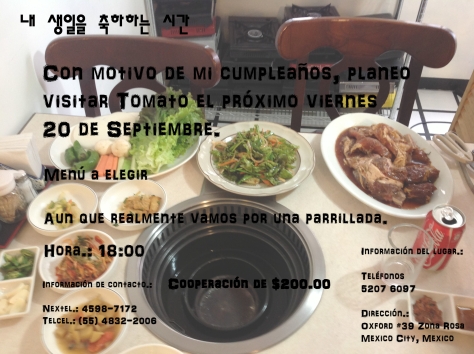Hwang Sumi

Soprano Hwang Sumi has become the latest Korean singer to win a major international competition.
Hwang, 28, won the voice segment of Belgium’s Queen Elisabeth Competition which concluded Saturday, the event’s organizing committee said. It is among the most coveted titles for budding musicians, along with Moscow’s Tchaikovsky Competition and the Chopin Competition in Warsaw.
«It’s a huge honor to get such positive response on this stage,» Hwang said. «I tried to be faithful to the composers’ intentions. » As first prize winner, the singer will receive 25,000 euros, and more importantly, concert and recording engagements for launching an international career.
The event takes place every three years in voice, violin, piano and composition.
Locally-trained singers have been doing well at major competitions in recent years. As a result, more Korean classical singers, sopranos and baritones in particular, are becoming a regular presence at the world’s top opera houses in Berlin, Rome and New York. In 2011, soprano Hong Hye-ran became the first Asian to win the voice section of the Queen Elisabeth Competition.
There were two Koreans in the top five among 78 entries. Hwang came out on top among 12 finalists who have trained at the finest schools in Europe. Soprano Park Hye-sang took fifth place.
The audience and jury lauded Hwang’s semi-final and final performances that consisted of a wide ranging repertoire, from Berg to Rachmaninov. With an explosive voice and commendable acting skills, she showed her potential to become a great lyrical soprano.
Hwang began her studies at Seoul National University before pursuing them at the Hochschule fur Musik und Theater in Munich. In 2012, she was a laureate at the International Competition of the ARD in Munich and the Anneliese Rothenberger Competition in Constance, Germany. She has sung with the Korea National Opera and the Prinzregententheater in Munich, among others.
The Queen Elisabeth Competition was established in 1937, first as the Eugene Ysaye Competition in honor of the celebrated Belgian violin virtuoso. The Belgian royal family has a long tradition of supporting the event. It is under the patronage of Her Majesty Queen Mathilde.
jhdo@koreatimes.co.kr


 Buenos días a tod@s los seguidores de Diario en Seúl.
Buenos días a tod@s los seguidores de Diario en Seúl.

















